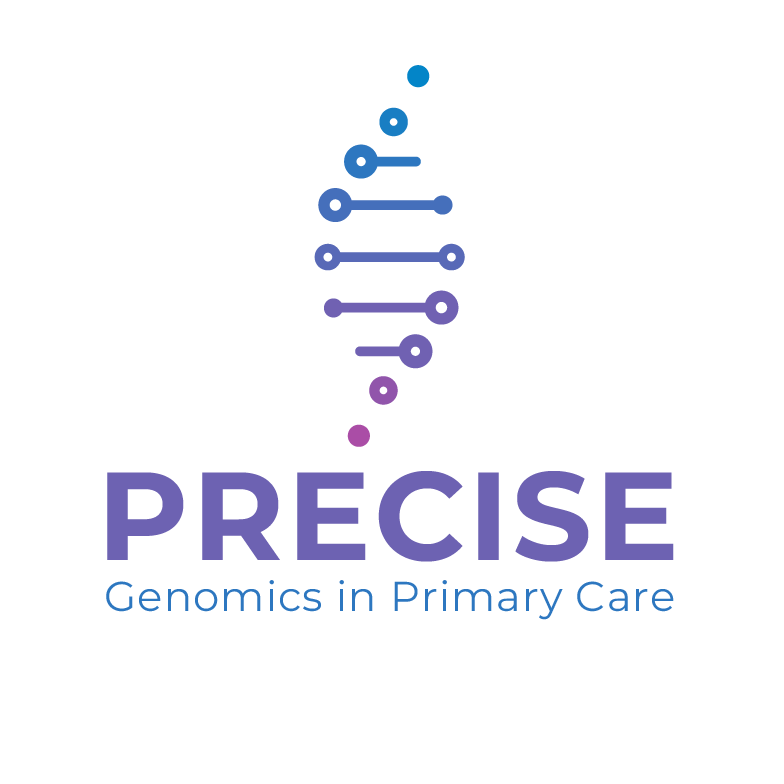Long COVID-19
A year ago no-one would have predicted what would happen in 2020. COVID-19 has turned the world upside-down.
As doctors we have faced particular challenges. Understandably the initial focus was clearly on assessing patients with acute covid. But as the weeks passed it became clear that while most patients survived, not everyone got better – Long COVID-19.
This disease is in its infancy and our knowledge improves as each week passes but there are still many questions. Who gets long covid and why? What effects does it cause and how long does it last? When should we reassure and when should we investigate?
The video below is an excerpt of an interview by Dr Neal Tucker with a GP colleague who has experienced Long COVID first hand. To view the whole clip and for more information about Long COVID, watch the webinar devoted to the topic or join us for the Hot Topics GP Update 2021:
To learn about Long COVID, and to enrol in our upcoming Hot Topics course, please click here.

Neal is the E-learning lead for NB Medical Education and a lecturer on the Hot Topics course. Having previously been a partner in an Oxford practice, he now works on a sessional basis around Oxford to facilitate his educational work.
Become a member and get unlimited access to 100s of hours of premium education.
Learn moreGenetic testing in general practice: Dr. Alan Ma explains which tests GPs can order, when to refer, and how the PRECISE portal supports confident testing and referral decisions.
Lifestyle medicine prescribing requires a specific approach for veteran patients that incorporates service-informed prescribing principles. This blog discusses the importance of lifestyle prescribing in veteran care while providing practical tips for GPs when formulating an effective management strategy for those who have served.
MyMedicare is now part of routine general practice, with practical implications for billing, continuity of care, and practice systems. This FastTrack clarifies important points regarding eligibility, impacts on the GPCCMP billing, and how to avoid rejected claims. 30mins each RP and EA available.


